Trump impeachment enters final phase, Senate poised to acquit him
US President Donald Trump was close to ending the darkest chapter of his tumultuous presidency as the US Senate begins the final phase of his impeachment trial that will very likely conclude this week with his acquittal, according to US media reports.
On Monday, the 100 senators will hear four hours of closing arguments split equally between Trump's legal team and prosecutors from the Democratic-controlled House of Representatives.
The House impeached Trump in December, charging him with abusing power by pressuring Ukraine to probe political rival Joe Biden, and then obstructing their inquiry.
“With the end of the impeachment trial now in sight and acquittal assured, a triumphant Mr. Trump emerges from the biggest test of his presidency emboldened, ready to claim exoneration and take his case of grievance, persecution and resentment to the campaign trail,” The New York Times said in an analysis.
“Now Mr. Trump, who has said that the Constitution “allows me to do whatever I want” and pushed so many boundaries that curtailed past presidents, has little reason to fear the legislative branch nor any inclination to reach out in conciliation,” the newspaper added.
The Republican-controlled Senate voted on Friday not to hear from witnesses including former US National Security Adviser John Bolton, despite a strong push by Democrats and opinion polls showing most Americans wanted to hear from witnesses.
When the arguments are complete, the senators will be able to make speeches until Wednesday when a final vote will be taken to determine whether Trump is guilty of the charges and should be removed from office.
The Senate is almost certain to acquit the president, as a two-thirds majority is required to remove Trump and none of its 53 Republicans have indicated they will vote to convict.
The vote on Wednesday is expected to be an end to a trial where the outcome was never seriously in doubt. While an acquittal will leave Trump still firmly entrenched in the Oval Office, the impeachment battle has renewed focus on the powers of the presidency and the power of Congress to hold a US president accountable.
Testimony from former and current government officials indicate that Trump, his personal lawyer, Rudy Giuliani, and others pressed Ukraine to announce investigations of opponents that would benefit him politically.
Trump's White House refused to cooperate in the congressional inquiry, withholding documents and key witnesses in a bruising contest with lawmakers.
“I don’t think in any way Trump is willing to move on,” Mickey Edwards, a former Republican congressman who teaches at Princeton University, told The New York Times. “I think he will just have been given a green light and he will claim not just acquittal but vindication and he can do those things and they can’t impeach him again. I think this is going to empower him to be much bolder. I would expect to see him even more let loose.”
VIDEO | Former FBI agent criticizes US Congress for 'outright corruption'
IRGC chief urges Muslim countries to cut aid routes to Israel
'New chapter in cooperation': Iran, Venezuela sign new MoUs
Jordan sentences former lawmaker for supporting Palestinian resistance
Basij volunteer forces hold massive drills in southwestern Iran
Israeli war criminals 'not welcome', US city says after ICC ruling
US vetoing of Gaza ceasefire resolution ‘disgraceful’: Iran’s UN envoy
VIDEO | IAEA adopts anti-Iran resolution tabled by E3


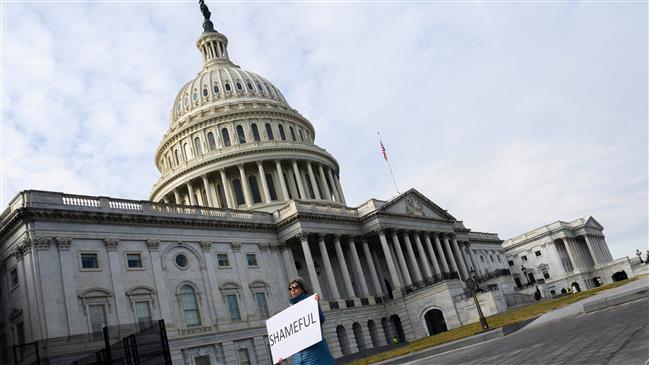

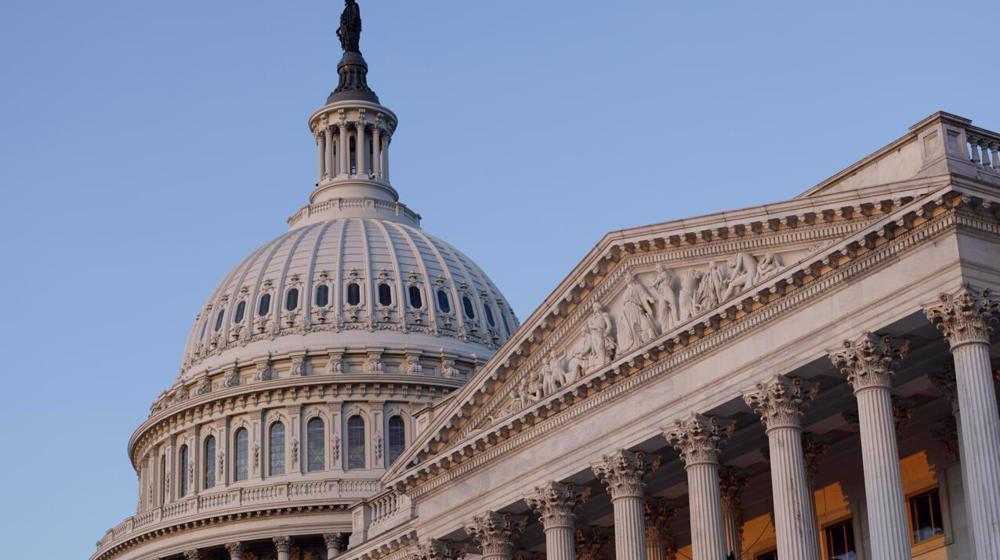
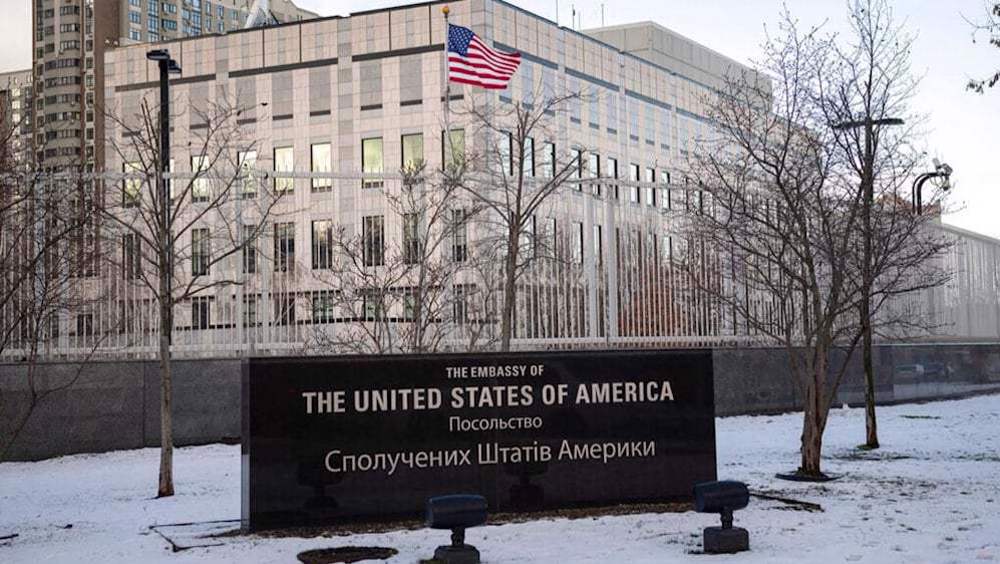



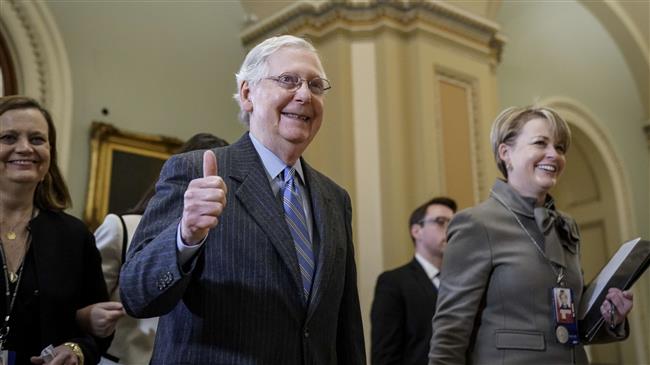
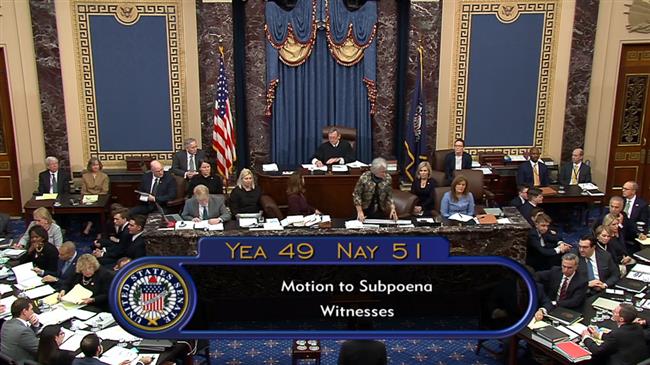
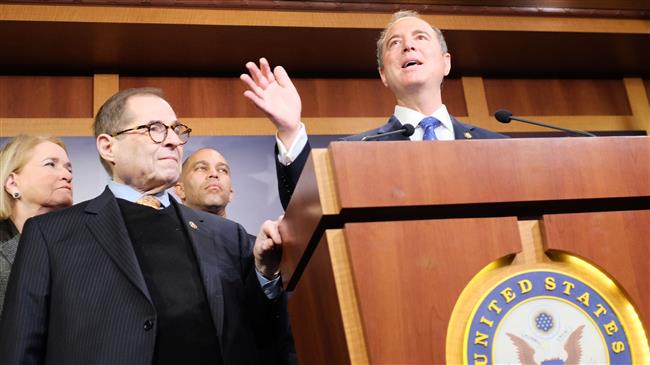
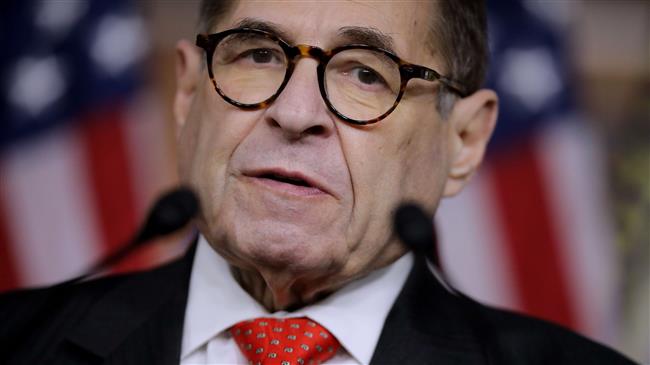
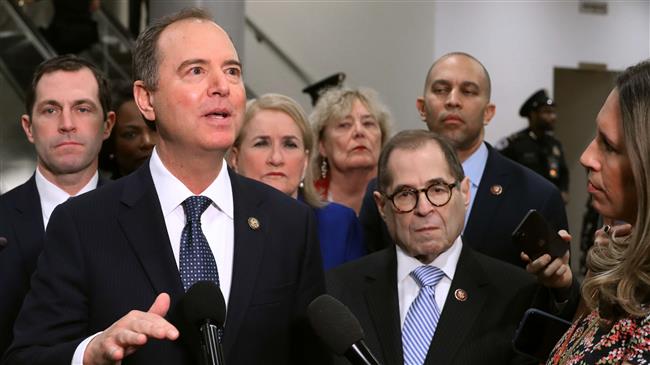
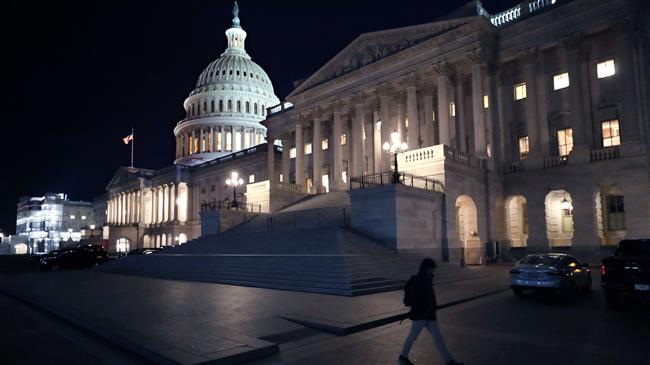
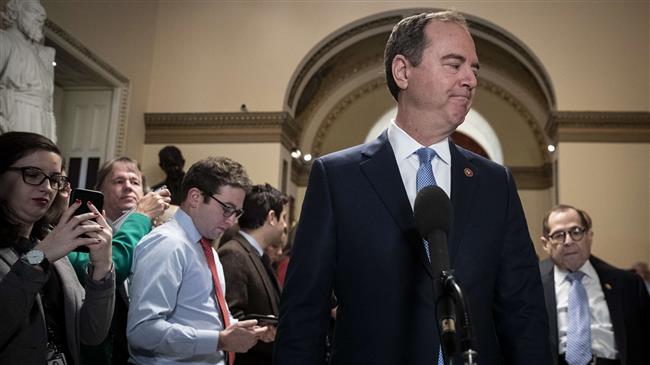

 This makes it easy to access the Press TV website
This makes it easy to access the Press TV website